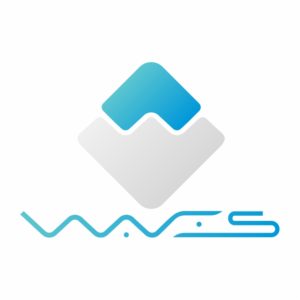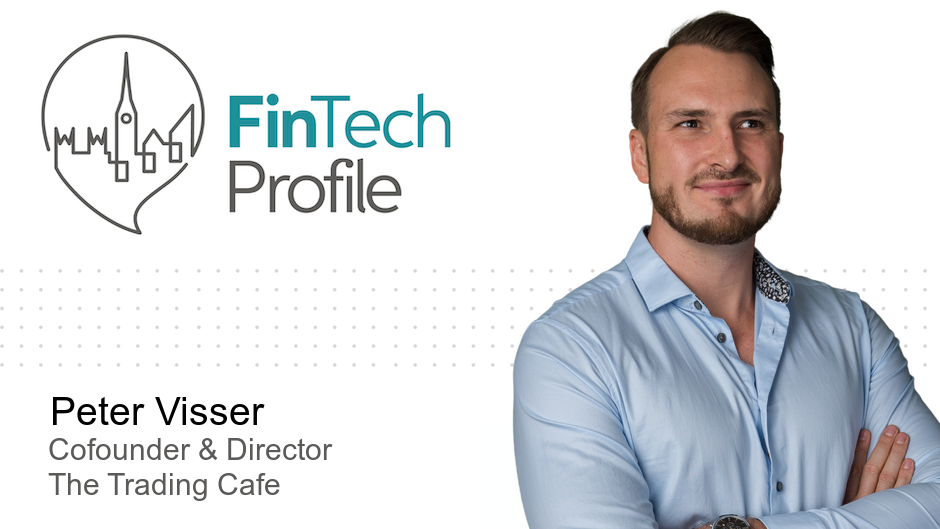Sasha Ivanov of Waves Platform

Today we have Sasha Ivanov from Waves Platform.
They are a blockchain-powered customizable tokens platform
Our questions are in bold.
– – – – –
Who are you and what’s your background?
Sasha Ivanov graduated from Moscow State University in 2001, having studied in the Theoretical Physics faculty. He undertook further study at Leipzig University in Germany, and took an early interest in electronic currencies. From 2008-09 he was involved in programming bots to trade on the international forex markets, making use of artificial neural networks, later working on trading operations and neural network trading systems for banks.
In 2013 Sasha launched Coinomat.com, the first instant cryptocurrency exchange, and in 2014 created CoinoUSD, the first fiat-backed crypto token. In 2015 he launched Coinoindex.com, the first tradeable cryptocurrency index, and the Cryptoasset.fund blockchain-based venture fund, which held $200K under management.

In 2016 Sasha founded custom tokens blockchain platform Waves, which crowdfunded $16M (29,445 BTC).
What is your job title and what are your general responsibilities?
Founder and CEO.
Can you give us an overview of your business?
Waves makes it straightforward for anyone to create appcoins or ‘custom application tokens’ (CATs). These are designed to be used by individuals and organisations to represent value of some form – for example, financial institutions can use them to create fiat-backed currencies, which will move around the blockchain frictionlessly and interface with the traditional financial system via gateways provided by those companies. These will be used for remittance and crowdfunding, amongst other things.
Instead of seeking VC or private investment, Waves Platform aimed from the start to build a grassroots movement of users, testers and backers. Around 6,000 people invested a total of more than 29,000 bitcoins with a value at the time of over $16 million to fund development and marketing. 100 million WAVES tokens, the ‘fuel’ for the platform, were distributed to investors after the crowdfund. Because these tokens are required for all operations on the platform, investors hope to profit from the demand for these tokens as adoption grows. Further features, to be implemented later this year, include a decentralised exchange – on which currencies can be bought and sold – and a voting system.
We launched recently, and our market cap has roughly doubled in the space of 5 months.
Tell us how you are funded.
In June 2016 Waves Platform crowdfunded about $16M (29,445 BTC).
Why did you start the company? To solve what problems?
Although there has been a rapid growth in blockchain platforms in the last 2-3 years, none have been enterprise ready – each having shortcomings in one or other area. Waves was designed to overcome these problems and offer businesses a solution to allow them to access blockchain technology quickly and easily. It emphasises a familiar user experience, the ability to create and trade custom tokens against each other, speed and scalability, as well as an active approach to business development and engagement. These features markedly reduce the frictions otherwise experienced by businesses and their customers when using existing blockchain platforms.

Who are your target customers? What’s your revenue model?
Target customers include a wide variety of financial companies and those who employ their services. The ability to transfer fiat (such as USD, GBP, CNY) quickly and reliably across national borders on the blockchain will be hugely beneficial, particularly for sectors such as remittance and the growing crowdfunding movement. Because tokens are fully customizable, they will find application in many different areas – as fiat proxies, as various forms of private money, as loyalty points, as stakes in the crowdfunded venture, within the music and entertainment industries, and much more.
WAVES tokens are required for all operations on the Waves platform, those these are used ‘under the hood’ and so this does not impact the user experience. Demand for these tokens fuels their value for investors. Those who secure the network also receive rewards from transaction fees.
If you had a magic wand, what one thing would you change in the banking and/or FinTech sector?
The banking sector is based on dated technology and values, and is full of frictions and inefficiencies. Blockchain technology offers solutions to many of these problems, as well as holding out a more democratic and just approach to money creation and deployment.
What is your message for the larger players in the Finance industry?
We very much welcome partnerships from the finance industry. New technologies are inherently disruptive of old models of business, but those who explore and adopt them at an early stage have the most to gain. We don’t expect blockchain systems to replace the banking sector by any means, only to change the way it works.
What phone are you carrying and why?
Android smartphones – they’re easiest to adapt our application to and are based on open source software.
Where do you get your industry news from?
TechCrunch, CoinDesk, FT
Can you list 4 people you rate from the FinTech sector that we should be following on Twitter?
John Rampton, @johnrampton
Chris Skinner, @chris_skinner
Marc Andreessen, @pmarca
Elon Musk, @elonmusk
Can you suggest the name of an Angel Investor or VC that might be interested in being profiled?
John Rampton
What’s the best FinTech product or service you’ve seen recently?
We try to create it.
Finally, let’s talk predictions. What trends do you think are going to define the next few years in the FinTech sector?
Blockchain adoption, absolutely. This will power the creation and adoption of private (company) money in various forms, particularly in specific sectors such as music, gaming, loyalty and remissions. Platforms that make available the custom token functionality that these applications need will see greatest adoption. More complex functionality like smart contracts is still some years away from mass-market application. Overall, we will see greater decentralisation of what we consider money/value, and a growth in the sharing economy – Uber and the crowdfunding movement being two clear examples of this.
– – – – –
Thanks to Sasha for his answers today. You can find out more about the Waves Platform on their website, twitter, Facebook and LinkedIn.
If you would like to receive email updates whenever we publish, sign up to our Newsletter. You can unsubscribe at any time and we will never use your email for anything else.
If you’ve any suggestions for hot FinTech companies (startup, or established ventures) that we should be profiling, or have an opinion piece to offer, or a FinTech related event you’d like to tell us about, have a look here for more details.





